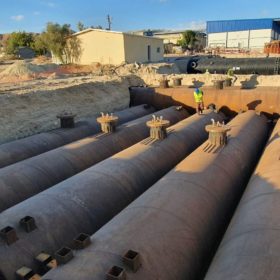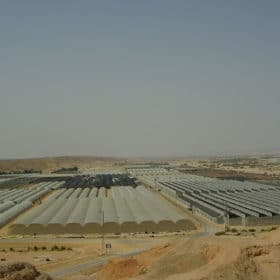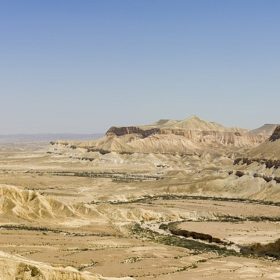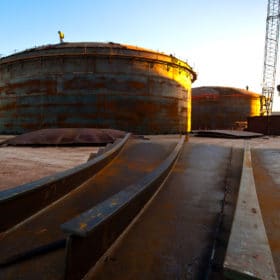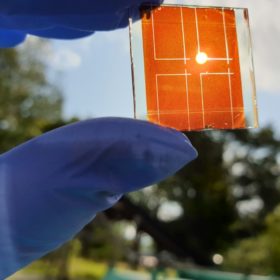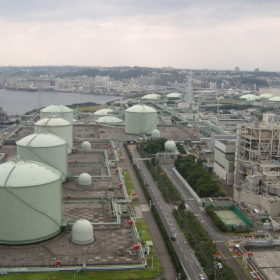Augwind’s compressed air tech for renewables storage
Augwind CEO Or Yogev recently spoke to pv magazine about the Israeli company’s new storage solution for the renewables sector. The underground compressed-air storage specialist recently secured 166 MWh of capacity in Israel’s latest solar+storage tender, and plans to take equity stakes in all five projects.
Israeli government wants to boost development of agrivoltaics
The Israel Ministry of Energy and the Ministry of Agriculture have decided to implement a pilot research program to assess the feasibility of agrivoltaic projects in the country. The possibility of combining PV and agriculture in a land with limited land availability and increasing energy demand is considered a win-win solution by the government.
Compressed air storage to be more than just hot air in Israel
Solar-linked projects will be developed by domestic firm Augwind and will feature underground storage tanks. One of the systems will be built by French energy giant EDF and will feature a 20 MWh compressed air storage system and 5 MW solar array.
Storing oversized large scale PV with molten salt storage
Scientists from Israel and France have proposed a PV-plus-thermal-storage (PV-TS) concept that may be applied in regions with low direct solar beam radiation and high levels of global solar radiation. They estimated that the grid penetration rate of a large scale PV plant, when combined with molten salt storage, may rise from around 30% to up to 95%.
Israel’s second tender for solar-plus-storage concludes with final price of $0.0544/KWh
The Israeli government assigned 608.9 MW of PV capacity through the tender and selected seven developers for 33 projects. A storage capacity of around 2,400 MWh will be linked to the selected solar power projects.
India ranked the world’s most attractive PV market by Ernst & Young
The latest edition of the accountant’s renewables attractiveness index has placed the nation in top spot for photovoltaics, helping it to fourth spot for overall clean energy investment. Mexico has been hammered by the government’s attitude to clean power and France has also slipped, four places.
India and Israel to work together on perovskite solar cells and lithium sulfur batteries
Low-cost batteries and novel perovskite materials are among the topics selected for joint research and development.
Solaredge sees slight profit growth in Q3
Despite a significant drop in turnover, the Israeli inverter maker was able to increase its net result in the third quarter of this year, in which it shipped around 1,415 MW of its products. In the first nine months of the year, the company’s revenue increased year-on-year from $1 billion to $1.1 billion.
Israeli government greenlights plan to add 15 GW of solar by 2030
The plan envisages to reach a 30% share of renewable energies in the country’s electricity mix by 2030. An intermediate target of 20% has been set for 2025.
Cooling PV panels with regasification of liquefied natural gas
Researchers in Israel have suggested the use of regasification of liquefied natural gas to reduce the operating temperature of PV modules in solar parks located at gas terminals. According to them, the feasibility of such a cooling solution could be strengthened by the fact that both the PV systems and the LNG regasification systems are, separately, mature, economical technologies.
